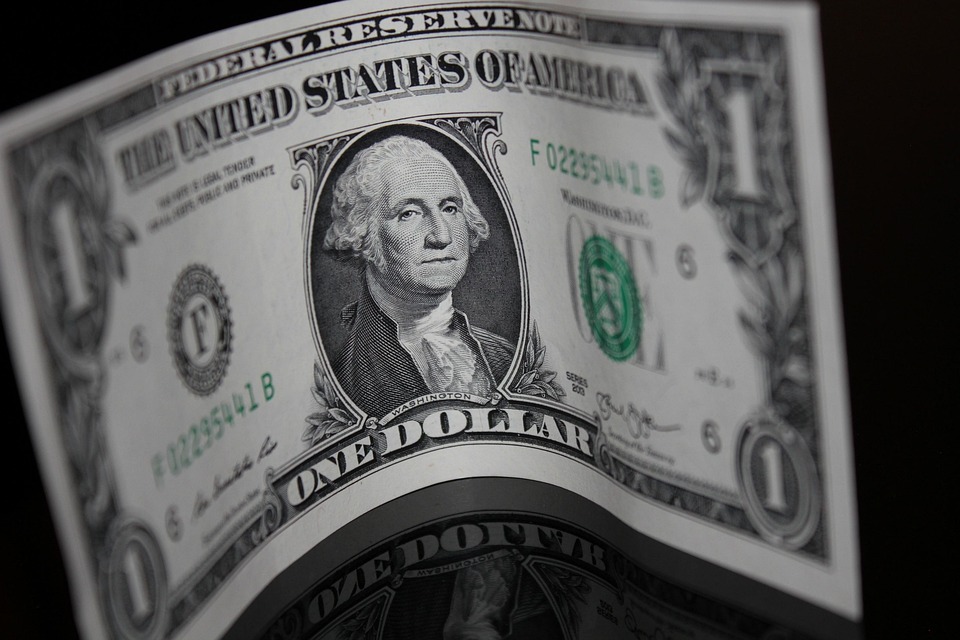Last updated Mar. 31, 2025 by Charles Zemub
Building business credit is essential for entrepreneurs looking for financial flexibility, growth opportunities, and a solid reputation in the business world. Establishing strong business credit can help you secure better interest rates, improve relationships with vendors, and, most importantly, access significant credit lines for your business. In this detailed guide, we will explore the steps to establish and build your business credit, the importance of doing so, and strategies to maintain a healthy credit profile.
Understanding Business Credit
Business credit is a reflection of a company’s creditworthiness and is separate from personal credit. It is used by lenders, suppliers, and even potential partners to evaluate the financial health and reliability of a business. Business credit scores are determined by various factors such as the company’s payment history, credit utilization, financial stability, and public records.
Why Business Credit Matters
-
Financial Leverage: Establishing business credit allows your company to access financing without needing personal guarantees, protecting your personal assets.
-
Better Interest Rates: A good business credit score can secure loans with favorable terms and lower interest rates.
-
Improved Vendor Relationships: Suppliers might offer better payment terms, discounts, and larger credit lines if your business has a strong credit score.
- Company Valuation: Potential investors and partners often consider business credit scores when assessing the viability and value of a company.
Steps to Build Business Credit
1. Establish Your Business Entity
The first step in building business credit is to establish a formal business structure such as a Limited Liability Company (LLC) or Corporation. This separation is essential to differentiate your personal finances from your business finances.
2. Obtain an Employer Identification Number (EIN)
An EIN serves as a business’s social security number and is necessary for tax purposes. It is a key identifier when establishing credit profiles with business credit bureaus.
3. Open a Business Bank Account
Having a dedicated business bank account shows financial activity distinct from personal finances. This account will be used to pay business expenses, receive payments, and can be crucial for establishing credit.
4. Register With Business Credit Bureaus
To build credit, your business must have a profile with business credit bureaus like Dun & Bradstreet, Experian Business, and Equifax Business. You can apply for a D-U-N-S Number to get started with Dun & Bradstreet.
5. Establish Credit With Vendors
Engage with suppliers that report transactions to business credit bureaus. Request net-30 terms, which mean you have 30 days to pay the invoice. Paying early boosts your credit score.
6. Open Business Credit Cards
Apply for business credit cards and use them responsibly. Ensure they report to credit bureaus. This step will help establish a credit history and demonstrate good credit behavior if bills are paid on time.
7. Monitor Your Business Credit
Regularly check your business credit reports from the major bureaus. Ensure that your information is accurate and dispute any discrepancies.
Strategies for Maintaining Strong Business Credit
-
Timely Payments: Ensure all bills, loans, and credit cards are paid on time. Late payments can significantly impact your credit score.
-
Credit Utilization: Aim to keep your balance on credit lines below 30% of your credit limit, which helps maintain a healthy credit utilization ratio.
-
Limit Credit Inquiries: Frequent credit applications can lower your score. Be strategic about when and why you apply for new credit.
-
Expand Credit Lines Gradually: As your business grows, periodically apply for credit increases to demonstrate growth and reliability.
- Regular Updates: Keep business information and financials up-to-date with credit bureaus.
Challenges in Building Business Credit
-
Time and Effort: Establishing solid business credit takes time and cannot be rushed.
-
Financial Management Skills: Poor management of finances leads to debt and damage to your credit history.
- Economic Environment: Economic downturns can affect companies’ abilities to secure loans regardless of credit scores.
<div class="short-answer">
<h3>✓ Short Answer</h3>
<p style="background: #DFF9ED; border-radius: 12px">Building business credit requires establishing a formal business structure, obtaining an EIN, opening a business bank account, and registering with business credit bureaus like Dun & Bradstreet, Experian, and Equifax. Engage with vendors that report transactions and apply for business credit cards. Maintain good credit by paying bills on time, keeping credit utilization low, and regularly monitoring credit reports to ensure information accuracy. These steps help separate personal and business finances, increase borrowing power, and protect personal assets.</p>
</div>FAQs
What is the fastest way to build business credit?
Establish your business entity and register with business credit bureaus quickly. Use vendors that report your payment history to these bureaus and manage a business credit card responsibly to build credit fast.
Can bad personal credit affect business credit?
Yes, it can be challenging to build business credit if personal credit is poor, especially if lenders require a personal guarantee or if you are a sole proprietor.
Do all lenders report to business credit bureaus?
Not all lenders and vendors report to business credit bureaus. It is crucial to work with those who do if building credit is a priority for your business.
How long does it take to establish business credit?
It can take several months to a few years to establish strong business credit, depending on the frequency of transactions and the type of credit accounts you open.
Is there a cost to obtain a D-U-N-S Number?
Obtaining a D-U-N-S Number is free when registering with Dun & Bradstreet, which is essential for establishing a business credit profile.


